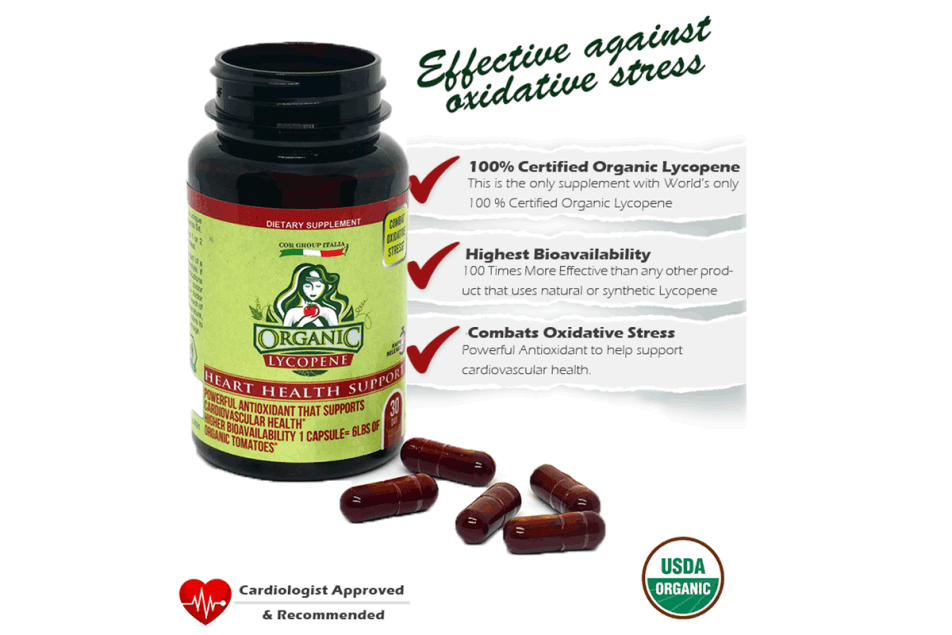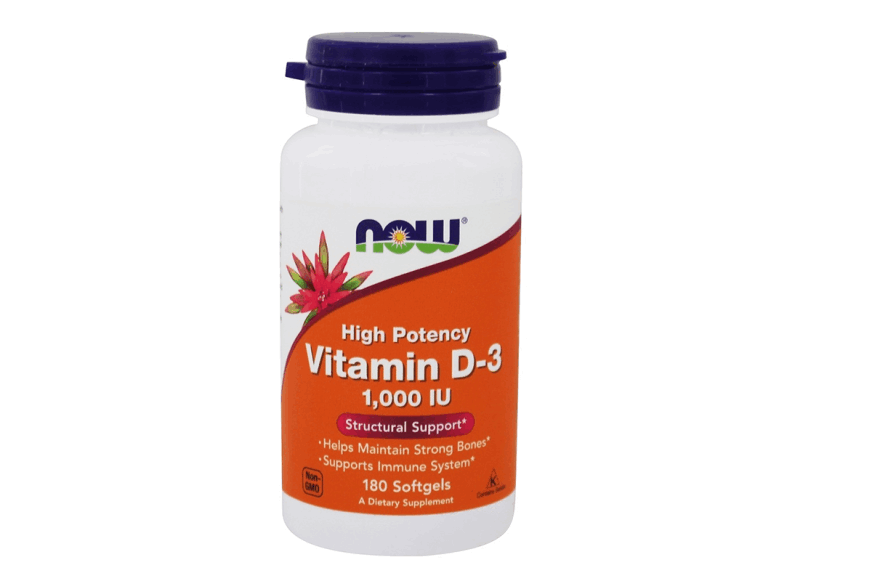Vitamin A, along with other vitamins, minerals and other compounds, is an essential micronutrient. This means that our bodies cannot manufacture it and therefore it has to be included in our diet.
Vitamin A from food is stored in the liver until required by the body and is bound to protein before being transported to where it is needed.
Vitamin A is an essential micronutrient for immunity, cellular differentiation, growth, reproduction, maintenance of epithelial surfaces, and vision. Vitamin A is found as preformed vitamin A in foods such as liver, cod-liver oil, butter, eggs, and dairy products and as provitamin A carotenoids in foods such as spinach, carrots, and orange fruits and vegetables.
Vitamin A is essential for many physiological processes, including maintaining the integrity and function of all surface tissues (epithelia): for example, the skin, the lining of the respiratory tract, the gut, the bladder, the inner ear and the eye. Vitamin A supports the daily replacement of skin cells and ensures that tissues such as the conjunctiva are able to produce mucous and provide a barrier to infection. Vitamin A is also essential for vision under conditions of poor lighting, for maintaining a healthy immune system, for growth and development and for reproduction. Vitamin A supports many systems in the body. For this reason, vitamin A deficiency is now referred to as vitamin A deficiency disorders. For simplicity, however, we will continue to use the older term vitamin A deficiency (VAD).
One of the main consequences of VAD is an increased risk of severe infection. Infection increases the body's demand for vitamin A and so the deficiency gets worse. Children can therefore become involved in a vicious cycle of deficiency and infection, which is why vitamin A deficiency is such an important cause of child mortality.
Vitamin A is a fat-soluble vitamin, which is stored in your body. This means that excess consumption can lead to toxic levels.
Hypervitaminosis A is caused by consuming too much preformed vitamin A through your diet or supplements containing the vitamin.
Symptoms can include nausea, dizziness, headaches, pain and even death.
Though it can be caused by excessive intake from the diet, this is rare compared to overconsumption from supplements and medications.



